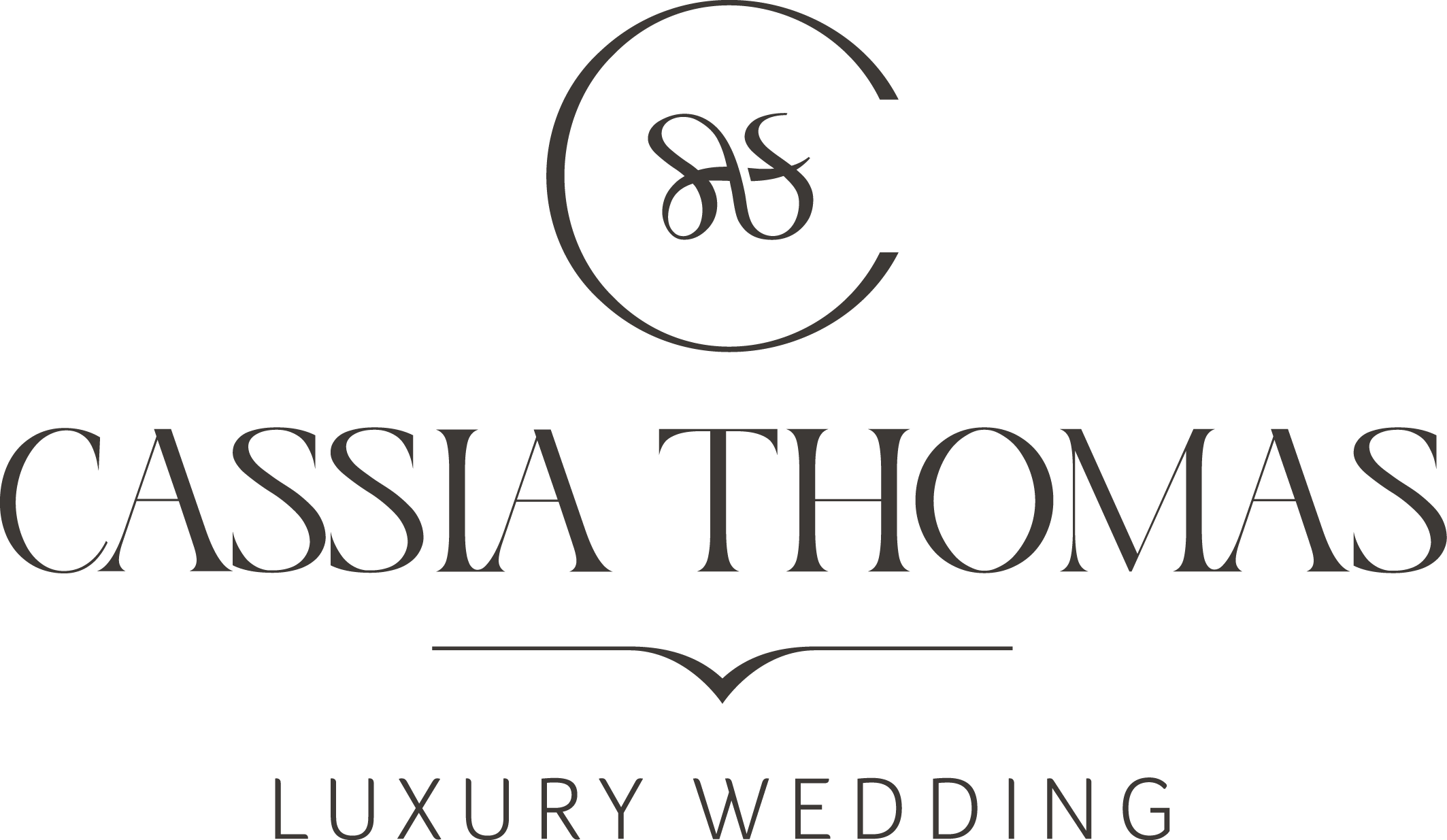Just got engaged? 10 things to do next!
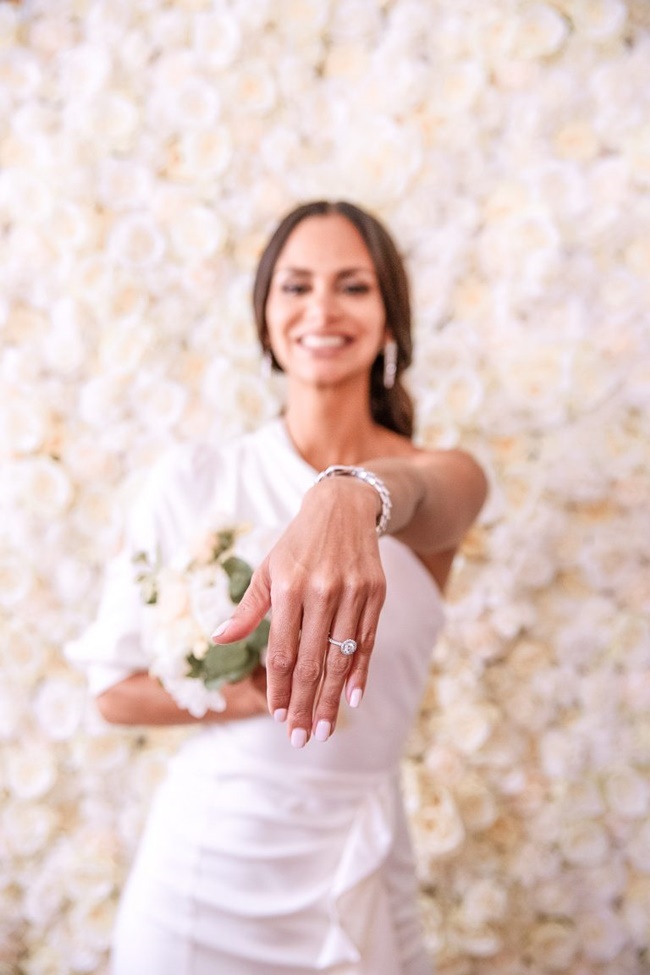
Congratulations on your engagement! This is such an exciting time, filled with joy and anticipation for the future. But once the excitement settles in, you might find yourself wondering, “Now what?” Don’t worry – we’ve got you covered! Here are 10 important things to do right after getting engaged to help you stay organized, focused, and make the most of this special time as you begin planning for your big day.
- Read more: Proposal in Paris: a step by step guide
Just got engaged: meaning
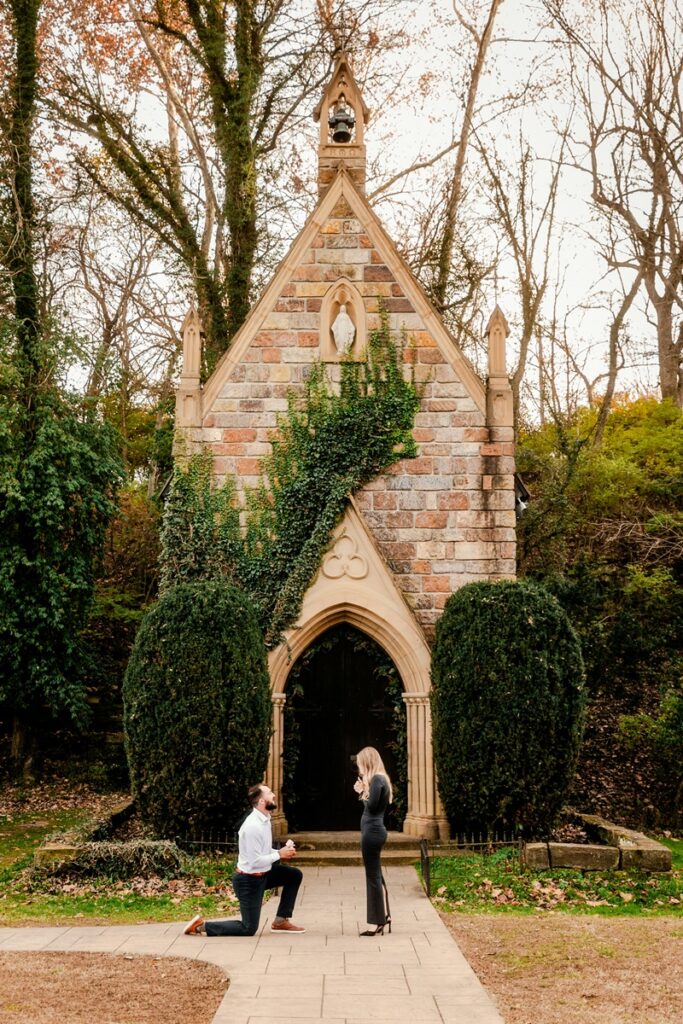
Getting engaged means that two people have agreed to marry each other. It represents a formal and public commitment to a future marriage and often involves one partner proposing to the other, typically with a symbolic gesture such as presenting an engagement ring.
Engagement is also a time for the couple to plan their wedding, reflect on their relationship, and prepare for the lifelong partnership they’re committing to. Culturally, the customs and significance of engagement may vary, but it is universally seen as a joyful milestone in a romantic relationship.
First 10 things to do after getting engaged
Announce the Happy News
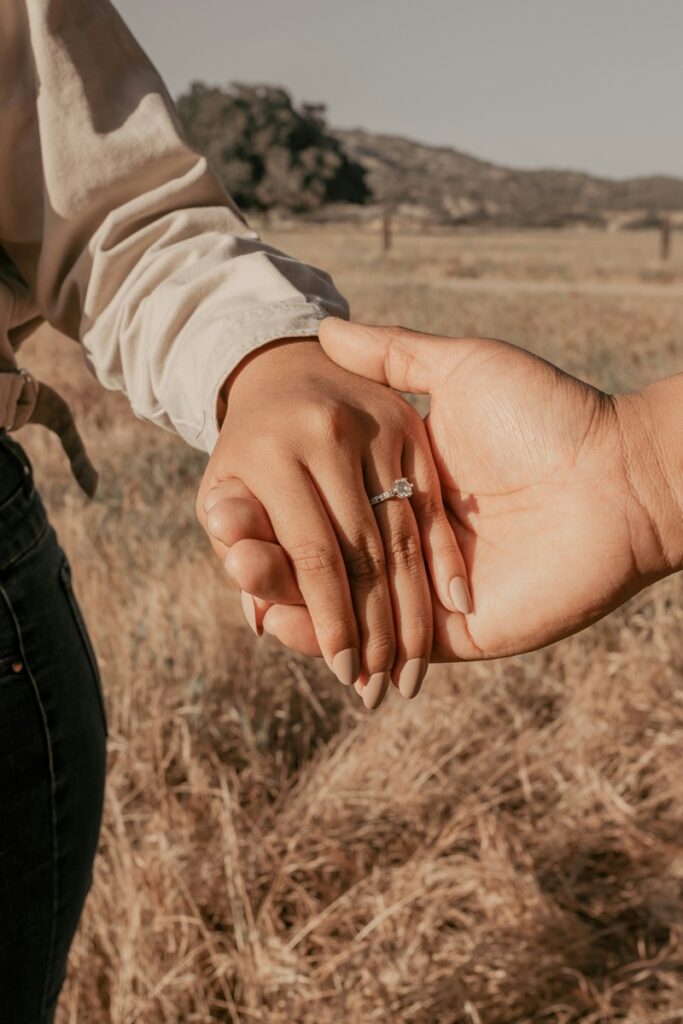
Yay! Congratulations! You must be over the moon! First things first—share the exciting news with your family and closest friends. They’ll surely be thrilled to celebrate with you! If you love sharing moments online, consider making a special announcement on Instagram to spread the joy.
I just got engaged quotes
Here are some sweet and celebratory quotes you can use to announce or share your joy:
- “I said yes to forever!”
- “Pop the champagne—we’re engaged!”
- “Every love story is beautiful, but ours is my favorite. 💍”
- “From this day forward, you will never walk alone.”
- “He asked, and I said yes! Here’s to our happily ever after.”
- “Two souls, one heart, and a lifetime of love to look forward to.”
- “We’ve decided on forever.”
- “The beginning of the rest of our lives together starts now.”
- “So this is what dreams coming true feels like.”
- “I can’t wait to love you forever.”
Celebrate Your Engagement
Embrace the excitement of your engagement by throwing a celebration with your closest loved ones. It could be a dinner, lunch, or even a brunch—whatever feels right for you! There’s no need to rush into planning just yet; take some time to soak in the joy of being engaged and cherish this special moment.
Insure Your Ring

If you’ve received a beautiful ring, you’ll want to keep it safe and protected. That’s why it’s essential to insure your ring, giving you peace of mind in case anything unexpected happens.
Envision Your Wedding Style
That’s a very important part of the wedding planning process, where it all begins. Nowadays, there are many possibilities for weddings – you can host a big or a small wedding, you can do it by the daylight or at night, you can have all types of decorations…so, it can be a bit tricky. It is a good exercise of self-knowledge. Try to answer this questions:
- What size of wedding do you want?
- Where do you imagine getting married? In the city, in a hotel, in the countryside, on the beach?
- What time of the year do you prefer to celebrate it?
- Do you want a daylight wedding? Or do you prefer to do it on the daylight?
- Do you want to get married on your hometown? Or do you want to do a destination wedding? Would it be viable for your guests to go there?
- Try to think about some weddings you’ve attended…what were the things you liked about those weddings?
- What kind of reception do you want? A full dinner experience? A brunch? A cocktail?
- Do you want to party hard? Or a more cozy and calm celebration would do?
Well, I know it is a lot to think about, but it is very important to take into consideration you wishes, dreams and personal tastes.
Select a Wedding Date

Your choice of wedding date can also impact your budget, as wedding costs tend to vary between peak and off-peak seasons. To help you choose the perfect date, consider these criteria:
- Personal Significance: Select a date with personal meaning, such as your engagement anniversary or a meaningful holiday.
- Seasonal Considerations: Choose a season that aligns with your wedding style and feels comfortable, whether it’s spring, summer, fall, or winter.
- Peak Wedding Season: The high wedding season typically runs from spring through early fall (September). Weddings during this period may be more expensive.
- Avoid Major Holidays: Steer clear of dates close to major holidays or busy travel times, unless you’re planning a destination wedding.
- Weather and Travel: Research the weather for your chosen location and ensure your date allows enough time for guests to travel.
Draft Your Guest List
One question every wedding vendor will ask is: “How many guests will you have?” This is crucial because many vendors, especially those like caterers, florists, invitation designers, and venues, base their pricing on the number of guests.
Having a clear idea of your guest list early on is essential – it will help you get a more accurate sense of your wedding costs and allow you to plan more effectively.
Of course, this list may change as the planning progresses, but it will provide you with an approximate idea of the guest count.
Discuss and Set a Wedding Budget
Choose a moment when you both feel relaxed and ready for an open conversation. Approach the discussion as a team, focusing on collaboration and mutual understanding. Be transparent, honest, and respectful about your expectations and any financial limitations.
Start by determining who will contribute to the wedding budget. Are you covering the costs yourselves, or will family members be contributing? If the latter, clarify how much support they’re willing to provide.
Next, discuss what aspects of the wedding matter most to each of you—whether it’s the venue, catering, or photography. Identify areas where you’re happy to invest more and others where you can cut back.
Once you’ve outlined your priorities, agree on a realistic total budget that feels comfortable for both of you. Factor in your current financial situation and any other upcoming expenses. Remember to include a buffer for unexpected costs, typically 5–10% of the total budget, to avoid surprises later on.
- Read more: How much does a wedding cost in Paris?
Hire a Wedding Planner
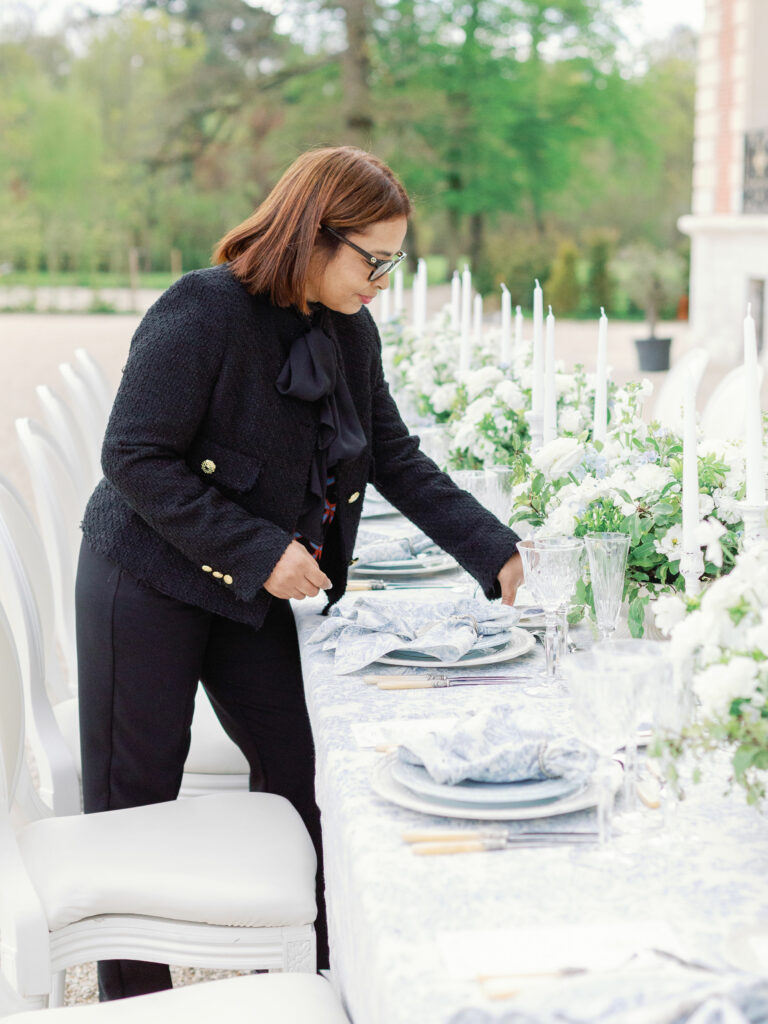
A wedding planner is like the “maestro” of your wedding, ensuring that everything runs smoothly from start to finish. This professional helps couples plan, organize, and execute their wedding, tailoring their services to meet the couple’s needs. If you hire a full-service wedding planner, such as Cassia Thomas, they will handle every aspect of the process, including design, logistics, and coordination.
The planner listens carefully to the couple’s ideas, preferences, and vision for their special day, helping them clarify their goals. They assist in establishing a wedding budget that aligns with the couple’s priorities and expectations, offering guidance on where to allocate funds for the best value. The planner also helps find and book the perfect venue and vendors based on the couple’s style, preferences, and budget. On the wedding day, they manage the schedule, ensuring everything runs on time and addressing any issues that arise promptly.
Ultimately, a wedding planner’s role is to streamline the planning process, allowing the couple to fully enjoy their engagement and wedding day without being overwhelmed by the details.
Create a Checklist and Get Organized
With the help of your wedding planner, you can create a pre-wedding timeline and a checklist of everything you need to organize for your big day.
Choose Your Wedding Venue
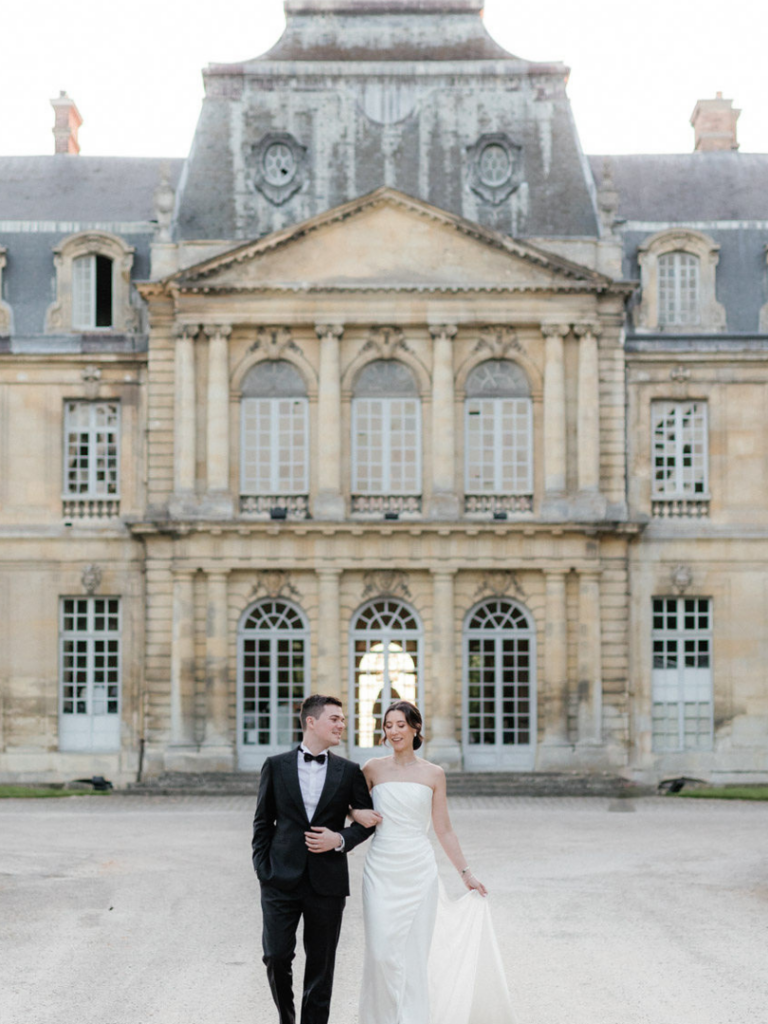
The venue is one of the first wedding vendors you should book, as it sets the tone for the entire celebration—the ambiance, mood, décor, and more. If you’ve hired a wedding planner, they can assist you in choosing the perfect venue by conducting site visits and recommending the best locations for your wedding.
Read more:
- Top Provence wedding venues: 10 best places to get married
- 7 Best Château Wedding Venues Near Paris
- Paris wedding venues: top 11 luxury places to get married
- Wedding Venues in Portugal: Top Places for a Luxury Celebration
Wedding venue checklist
There are several important factors to consider to ensure it aligns with your vision and needs:
- Does the venue comfortably accommodate your guest list?
- Is there enough space for the ceremony, reception, and any other activities you plan?
- Does the venue fit within your wedding budget, including all additional fees like taxes, service charges, and catering costs?
- Does the venue match your wedding theme or style, whether it’s rustic, modern, classic, or something unique?
- Is the venue available on your preferred wedding date?
- Does the venue offer the services you need, such as catering, furniture, or AV equipment?
- Does the venue offer both indoor and outdoor spaces, in case of unexpected weather changes?
- In case of destination weddings, are there nearby accommodations for guests?
- Are there any restrictions, such as curfews, noise limitations, or decor guidelines?
- Does the venue offer both indoor and outdoor spaces, in case of unexpected weather changes?
- Consider the accessibility for guests with mobility challenges and any necessary accommodations.
- Is there ample parking available for your guests?
- Does the venue allow you to personalize the space with your own decorations, themes, and touches?
Most Frequent Questions About Getting Engaged
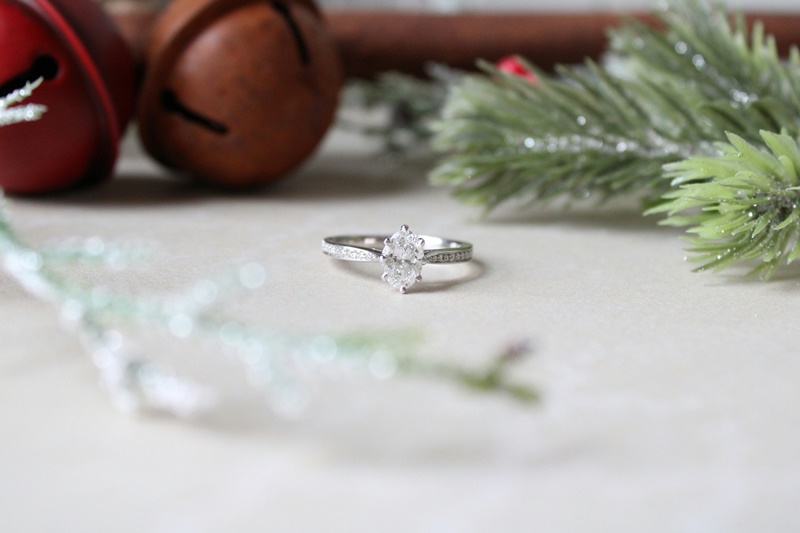
The first thing to do after getting engaged is to take a moment to celebrate with your partner. This is a special time, so savor the moment and enjoy the excitement together.
Yes, you’re still dating when you’re engaged! Engagement is a significant milestone in a relationship, but it doesn’t mark the end of dating. In fact, it’s an opportunity to continue growing together, sharing new experiences, and deepening your connection as you prepare for marriage. The engagement period is often seen as a time to celebrate your love, strengthen your bond, and enjoy each other’s company while planning your future together. In my opinion, couples should always continue dating—especially during challenging times, as it’s what initially brought you together.
Yes, it is very important to talk after getting engaged! Communication remains a key element in any successful relationship, and the engagement period is no exception. In fact, it’s a great time to have open, honest conversations with your partner about important topics that will shape your future together.
After an engagement, a girl is often referred to as a fiancée (pronounced fee-AHN-say). This term is used to describe a woman who is engaged to be married.
The male counterpart is called a fiancé.
While an engaged person is not yet married, they are in a committed partnership, planning a future together. However, legally, an engaged person is still single.
Cassia Thomas: wedding planner in Paris and Europe
If you’re beginning the process of planning your wedding, Cassia Thomas is the perfect guide—especially if you’re dreaming of a destination wedding in Europe. Based in France and active in Portugal, Greece, and Italy, she expertly manages every stage, from concept to execution. With Cassia, you can look forward to a wedding that effortlessly blends modern elegance with natural sophistication.
Contact the wedding planner Cassia Thomas:
Phone: +33 6 60 39 05 44
hello.kis.wedding@gmail.com
